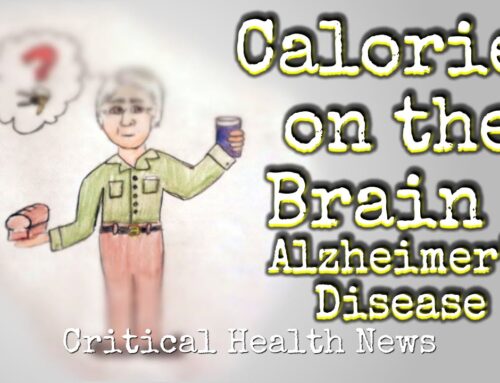Most people understand that what they eat affects their bodies. What is not as obvious is the fact that what we eat can have less tangible effects and impact our moods and our attitudes. Nutritionists call these responses “food induced emotional reactions” or FIERs. When patients suffer from unexplained emotions, they can test for the relationship between what these folks are eating and their inexplicable symptoms.
The first step in testing for FIERs is fasting for one to three days. This essentially clears the digestive tract of any food that can confound results and makes for a more accurate test. After fasting, the subject is exposed to small quantities of suspected foods, and if an emotional or involuntary reaction, such as pupil dilation, elevated pulse or blood pressure occurs, a food induced emotional reaction is suspected.
There are three major strategies for dealing with FIERs. First and foremost is the obvious and simple elimination of problem foods. The second approach involves desensitization and entails exposure to small and then increasingly larger doses of suspected reactants. Patients who feel like they can’t eliminate a troublesome food tend to choose this protocol, which may involve medical intervention with steroid drugs and other immune suppressants. A third and more holistic approach for addressing FIERs is to focus on overall metabolism by stabilizing blood sugar, reducing overall calories, avoiding refined carbs and preserved and processed foods the risk of FIERs can be lowered and at the same time overall health and longevity can be improved.










